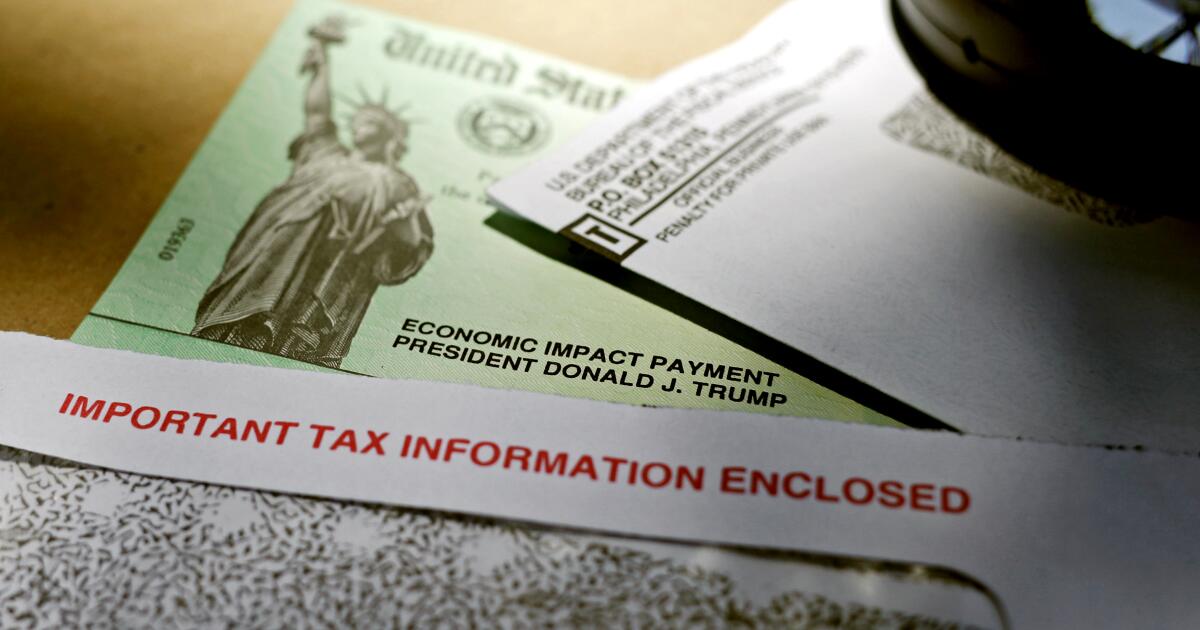
Washington — The conservative House Freedom Caucus has announced its official position on the upcoming Fight for government funding Monday, urging House Republican leaders to push for a stopgap measure to keep the government funded through the new year rather than approving a new overall funding plan before the election.
Lawmakers must fund the government by September 30, a deadline by which they will face a showdown when they return from their August recess next month. And that deadline is complicated by election-year politics.
In a statement Monday, the House Freedom Caucus, a small but vocal group of conservatives that has complicated Republicans’ recent funding struggles in the House, urged GOP leaders to “ensure that Democrats cannot undermine President Trump’s second term with a ‘lame-duck’ omnibus in December,” pushing for a temporary measure to extend government funding through 2025.
“The House Freedom Caucus believes that House Republicans should return to Washington to continue to pass the 12 appropriations bills to reduce spending and advance our policy priorities,” the group said in the statement. But if Congress can’t do that in a matter of weeks, the group said, lawmakers should use a continuing resolution to extend the government funding deadline into the new year “to avoid a lame-duck omnibus that would preserve Democratic spending and policies well into the next administration.”
Kevin Dietsch/Getty Images
A continuing resolution to keep the government funded is widely expected, with a long road ahead to approve the 12 appropriations bills designed to keep the government funded on Oct. 1. But how long the temporary measure would keep the government funded remains undetermined. And with election season in full swing, work on appropriations often becomes less of a priority, while lawmakers are sometimes reluctant to approve new spending bills before a potential shift in party control in the House, Senate and White House.
The Freedom Caucus also said the House resolution should include legislation to prevent noncitizens from voting, an issue Republicans have highlighted in recent months, even though only U.S. citizens are allowed to vote in federal elections. The Freedom Caucus argued that House leaders should “use their influence in the September spending fight to prevent noncitizens from voting in our elections.”
The development comes after the last congressional battle over spending was particularly protracted and, ultimately, packed in march after lawmakers repeatedly resorted to short-term funding extensions to keep the government running as it repeatedly teetered on the brink of shutdown.


